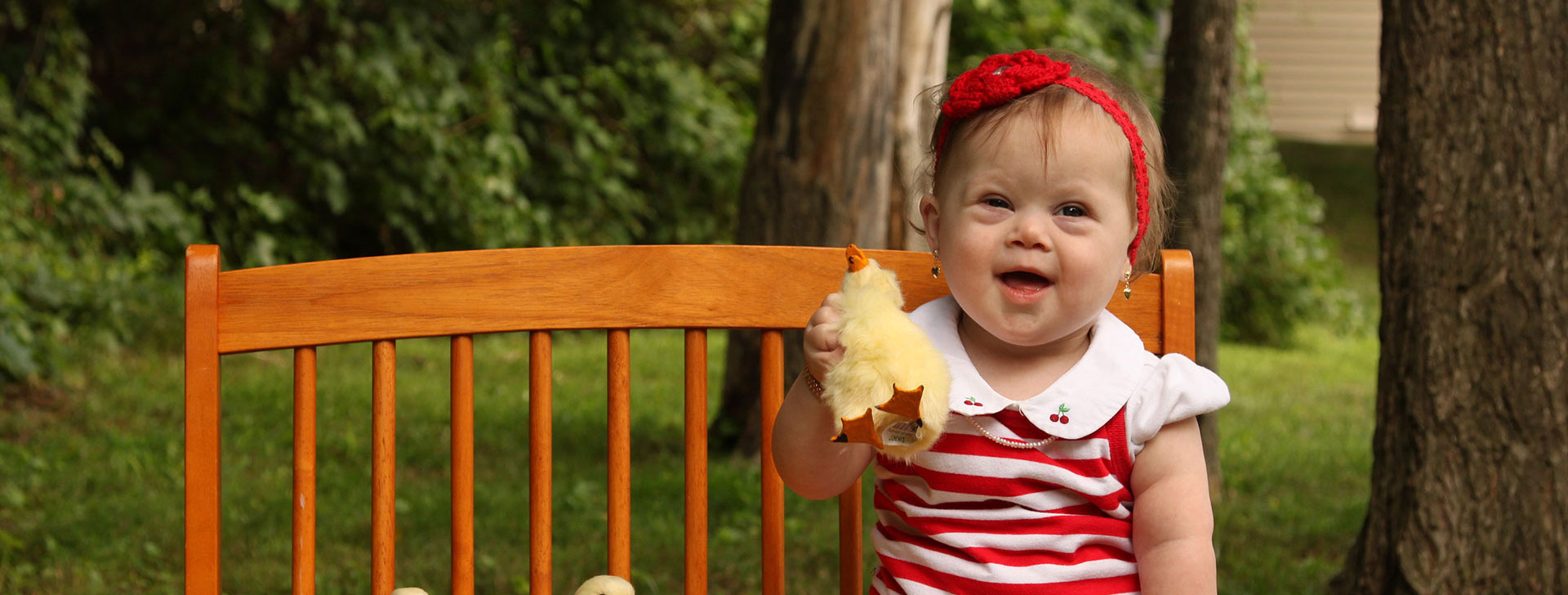Issue #27 – Cardiac Care of the Adult with Down Syndrome
About 50% of babies born with Down syndrome will have some form of a congenital heart defect. Congenital heart defects result from disruption of the normal development of the heart chambers, valves and/or arteries in the first three months of pregnancy. These defects are diagnosed by performing a heart ultrasound (echocardiogram) during pregnancy or shortly after birth. Babies with significant heart defects often develop clinical signs and symptoms including a heart murmur, low oxygen level (cyanosis), fast breathing, or difficulty feeding and growing.
Click here for full article >>
